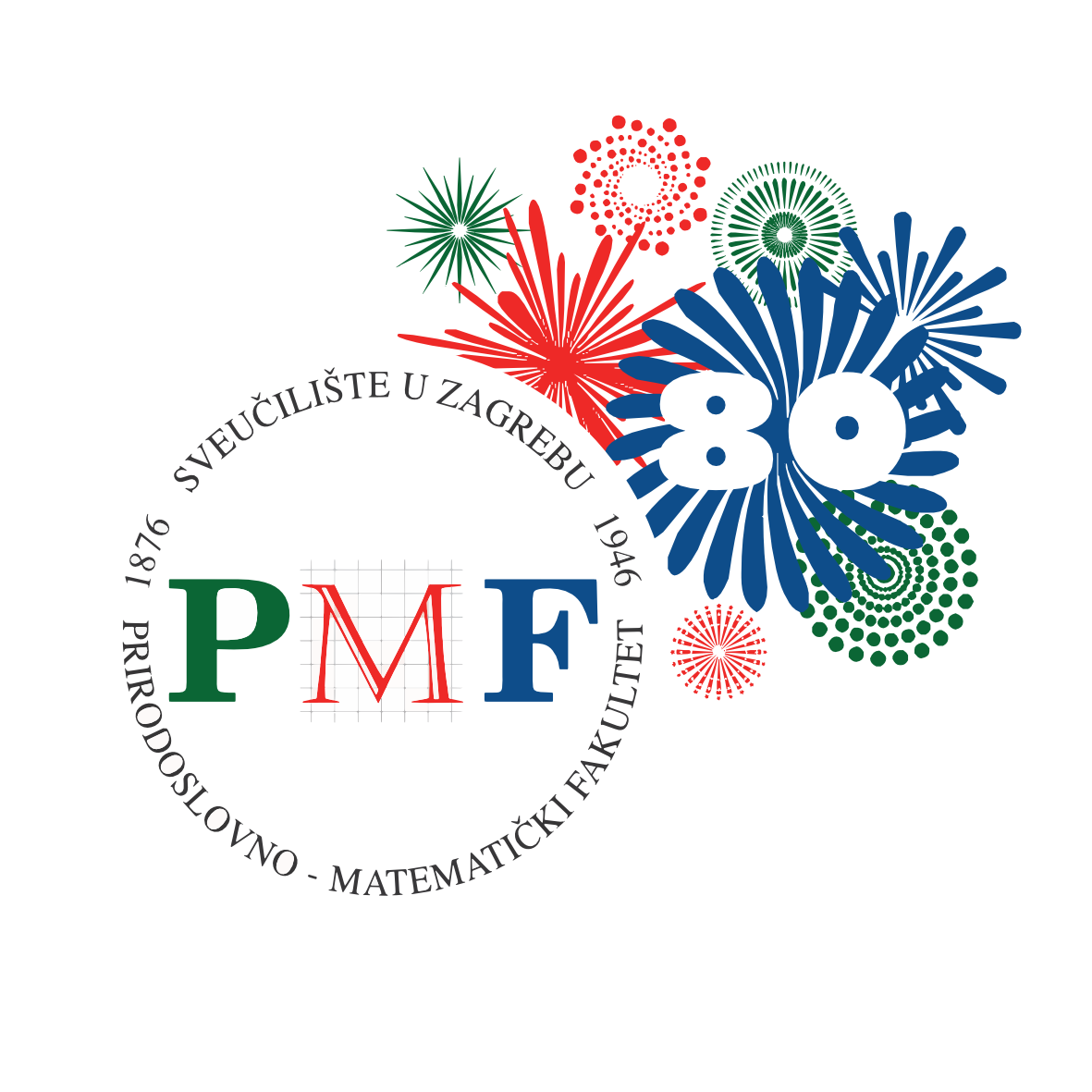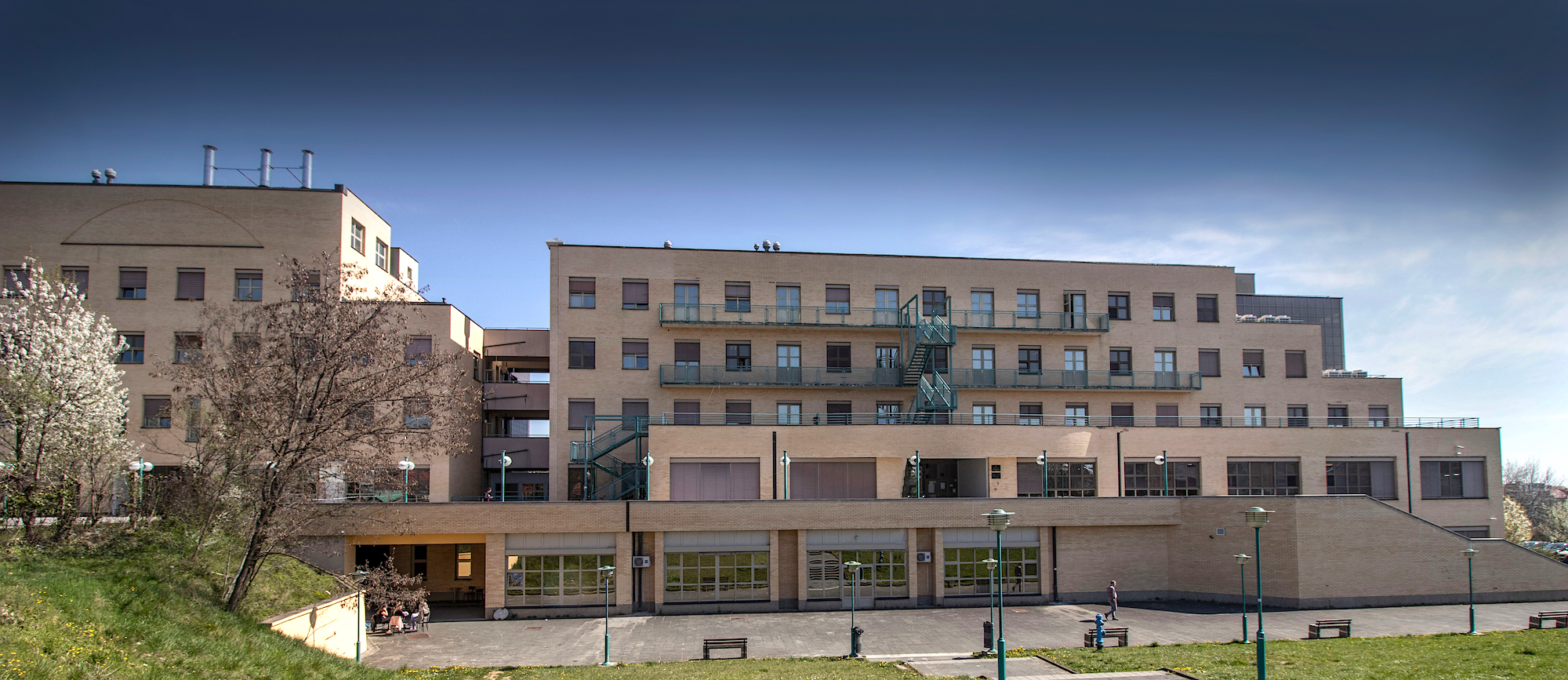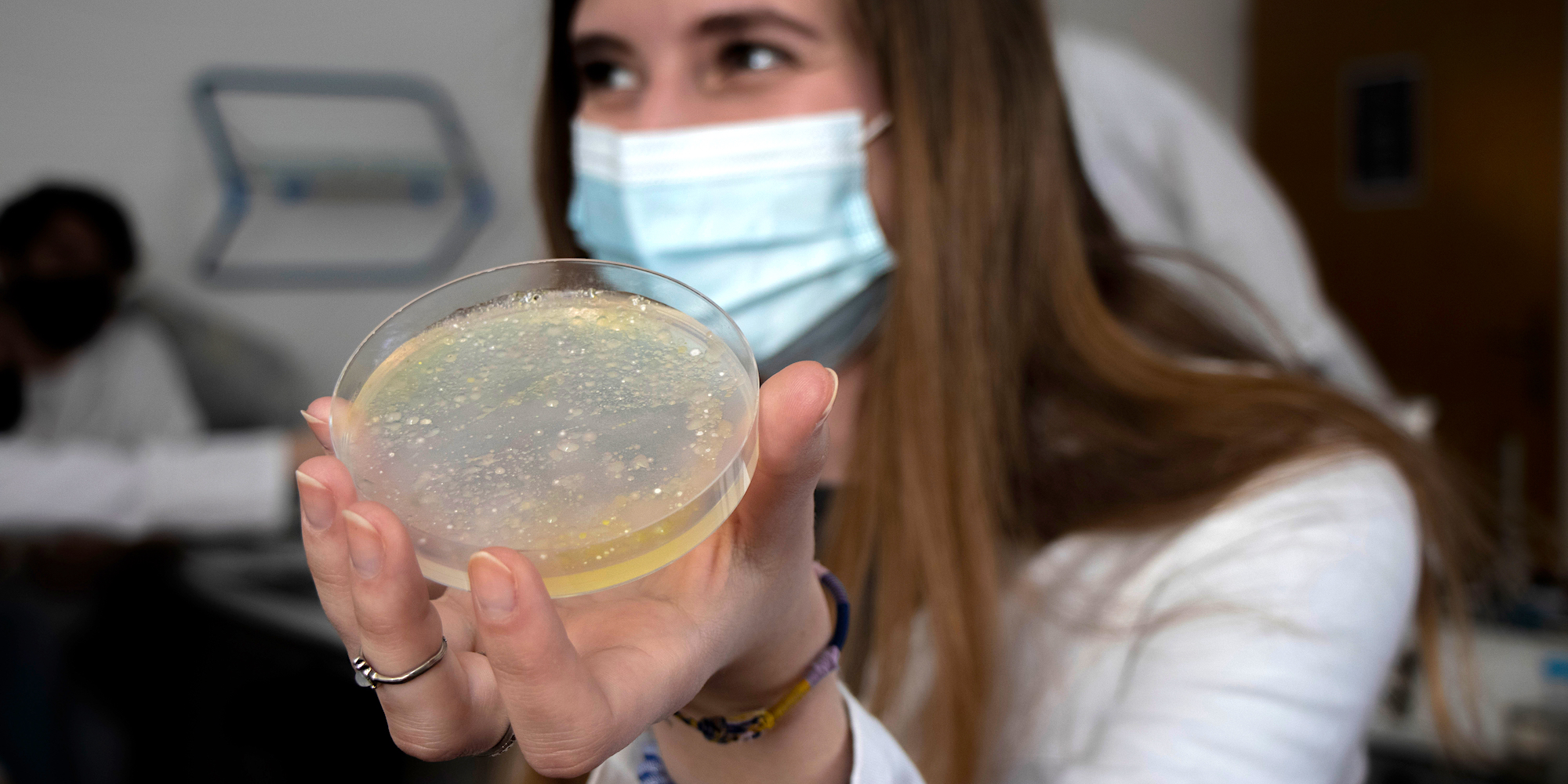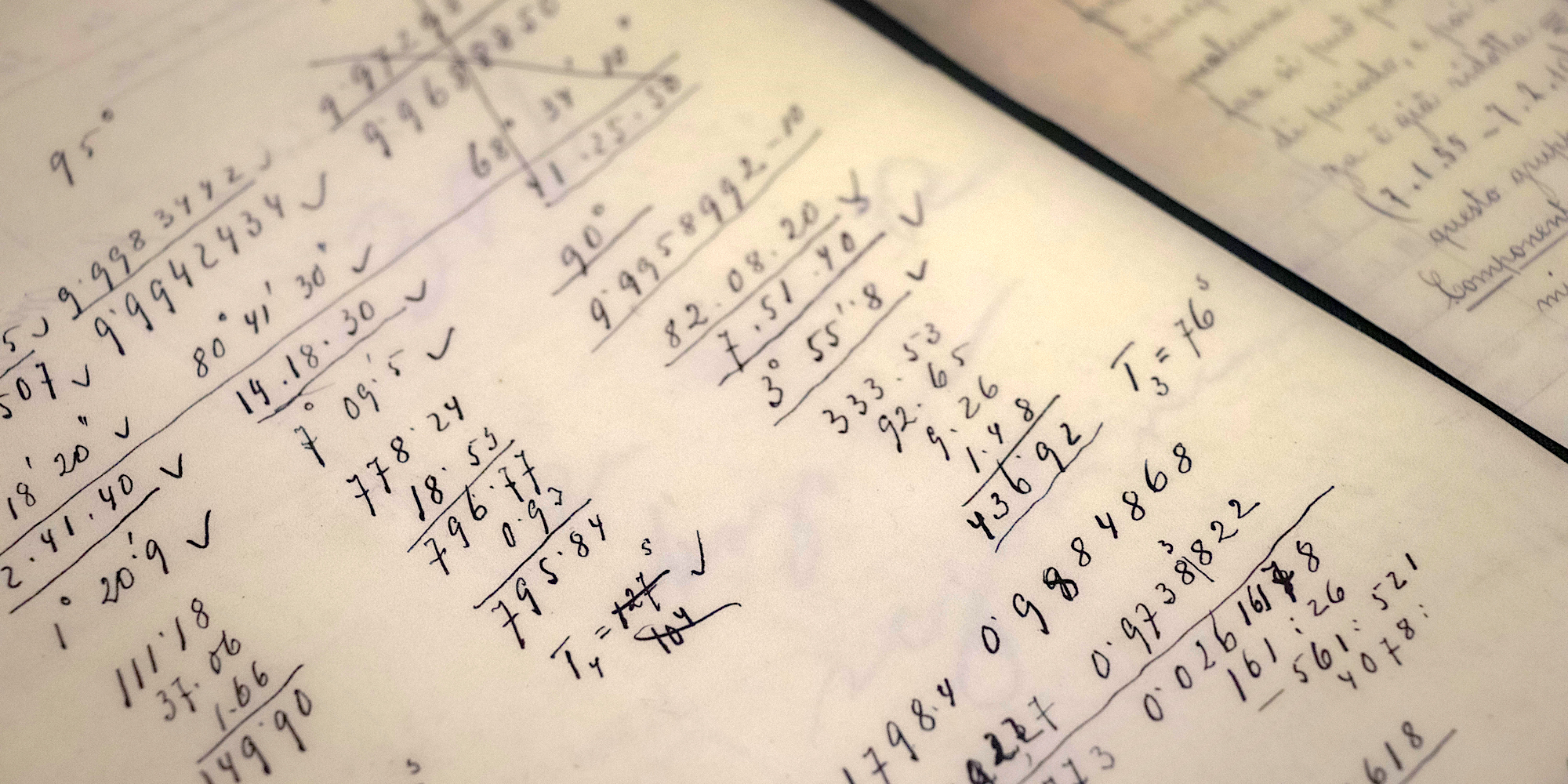The studies that you can enrol in at the PMF are: biology, physics, geophysics, geography, geology, chemistry, and mathematics. We can divide them into those intended for students who study for future work in education (primary and secondary schools), the so-called teaching programmes, and research programmes for students who want to work in industry, the private sector, and scientific research.
We should certainly emphasise here society’s general need for talented and motivated teachers in primary and secondary schools – it all starts with them. Teachers in so-called STEM fields play an important role in the development of these very fields because it is through them that students make their first contact with the aforementioned professions. And not only that, because of the nature of the subjects they teach, it is often they who encourage and/or demand from pupils to “turn on” their grey matter and creativity in the process of learning.

 Pristupačnost
Pristupačnost







